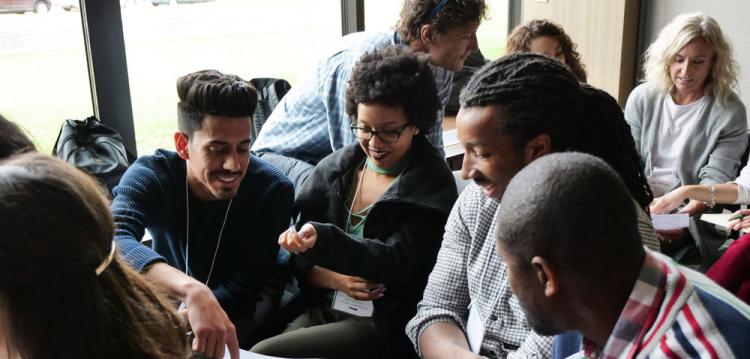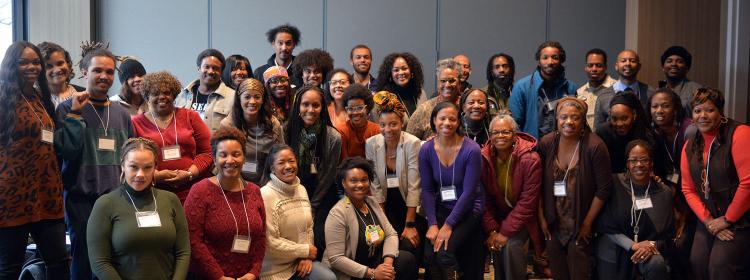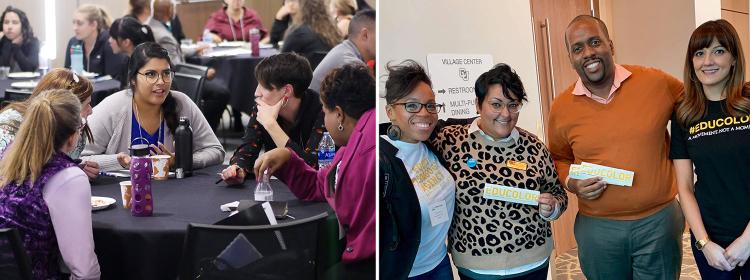Teachers of Color and Allies (TOCA) Summit

Save the date for the 2025-26 Annual Teachers of Color and Allies (TOCA) Summit
Thursday, February 19, 2026 from 8 a.m. to 4 p.m. at the University Memorial Center on the CU Boulder campus
The Teachers of Color and Allies (TOCA) Summit is a free event that gathers education students, local educators of color and allies to provide collegial support, opportunities for networking and mentoring and insights into best practices in education.
What is TOCA?
The Teachers of Color and Allies (TOCA) Summit is traditionally a daylong event that gathers education students, local educators of color, and allies to provide collegial support, opportunities for networking and mentoring, and insights into best practices in education. Hosted by the School of Education in partnership with local school districts, the summit is held every fall.
The Teachers of Color and Allies Summit Board Committee is composed of CU Boulder School of Education staff and faculty, community partners, and teachers from local school districts, government organizations, universities and more.



